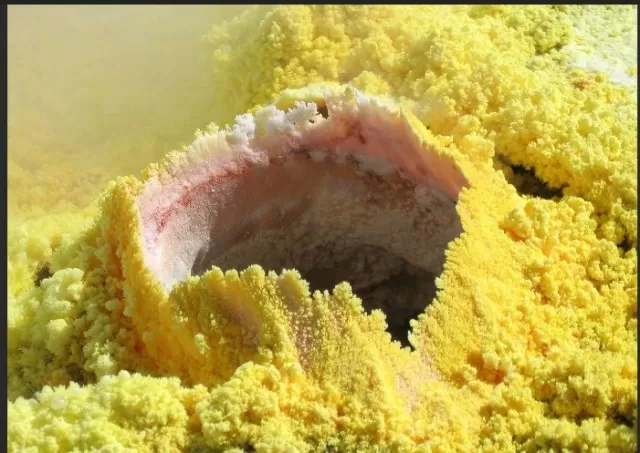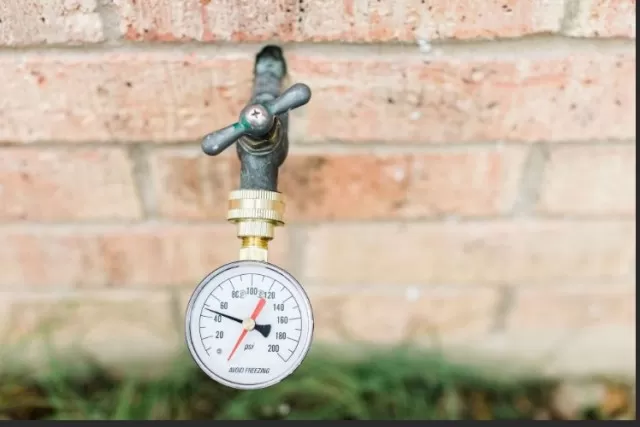9 Indications Your Tap Water Could Be Contaminated (Part 1). While the United States generally boasts a reliable and safe drinking water supply, occasional water quality issues may arise. Instead of resorting to bottled beverages, consider these nine signs that your tap water may need some attention and learn how to address these concerns easily and inexpensively.By addressing these signs of water quality issues with appropriate filtration or treatment methods, you can enjoy clean and pleasant-tasting tap water in an easy and cost-effective manner, reducing the need for bottled beverages and contributing to environmental sustainability.
Safeguard Your Palate and Health: Invest in a Water Filter

Our taste buds are equipped with highly sensitive sensors designed to safeguard us from consuming harmful or unpleasant substances, including subpar water quality.
If you notice that your water has developed an unusual taste, such as a fishy, oily, bitter, or metallic flavor, it’s a clear indication that something may be amiss with your water source.
To ensure your water is both safe and enjoyable to drink, it’s a prudent choice to explore water filtration options.
Water filters can effectively remove impurities and contaminants that cause these unwanted tastes, providing you with clean, fresh-tasting water. By investing in a water filter, you not only protect your palate but also contribute to your overall well-being by ensuring your water source is of the highest quality.
Eliminate the Poolside Aroma: Invest in a Water Filter for Chlorine Removal
If your tap water emits a distinct chlorine smell, reminiscent of a swimming pool, don’t be alarmed.
Chlorine is a common additive used in public water supplies to effectively eliminate bacteria and harmful microorganisms, ensuring the safety of your drinking water. However, while chlorine levels in treated water are usually within safe limits, it can impart an unappealing taste and odor to your beverages.
To enhance the taste and odor of your tap water, and ensure that any trace of lingering chemicals is removed, it’s worth considering the purchase of a water filter.
A good-quality water filter can effectively reduce or eliminate chlorine, resulting in cleaner, better-tasting water for all your culinary and hydration needs. By investing in a water filter, you not only improve the palatability of your water but also contribute to a more enjoyable and refreshing drinking experience.
Banish the Rotten Egg Aroma: Consider a Water Filter for Sulfur Removal

When your tap water takes on the unpleasant scent of rotten eggs, sulfur is often the culprit.
This naturally occurring mineral can be present in certain water systems, and while it’s generally not harmful to health, it can certainly disrupt your enjoyment of your water.
Much like chlorine, the smell of sulfur can be effectively eliminated with the use of a water filter.
A water filter can target and remove sulfur compounds, ensuring that your water is odor-free and more palatable. By investing in a water filter, you can enjoy the benefits of clean, fresh-tasting water, free from the nuisance of sulfur odors, and continue to hydrate and cook with confidence.
Elevate Your Baking: Address Flat Baked Goods with a Water Filter
When your beloved French bread recipe fails to rise as expected, the blame may not rest on your culinary skills.
Rather, it could be the chlorine in your tap water that’s responsible. Chlorine, added to water treatment systems to combat harmful microorganisms, can inadvertently hinder the growth of beneficial bacteria, including yeast, which is crucial for achieving that perfect rise in bread or pizza dough.
To rectify this issue and ensure your baked goods reach their full potential, consider the solution of a water filter.
A water filter can effectively remove chlorine and its potential adverse effects from your tap water, creating a more favorable environment for yeast and other microorganisms to thrive in your dough. With minimal effort and expense, a water filter can be a game-changer in the world of baking, ensuring that your creations rise to their delicious glory Every Time.
Addressing Low Water Pressure: Dealing with Clogged Pipes

When you notice that the water from your kitchen faucet is flowing at a slower rate than usual, it’s a sign that you may be dealing with clogged pipes.
Over time, pipes can corrode and accumulate sediment and scale, causing a reduction in water pressure. While this issue is certainly inconvenient, the solution involves a costly project: replacing the existing plumbing with new copper or PVC pipes throughout the house.
While re-piping your Entire House is an expensive endeavor, it’s often necessary to restore proper water flow and maintain the integrity of your plumbing system.
It’s advisable to consult with a professional plumber to assess the extent of the issue and determine the best course of action to address the low water pressure and ensure the long-term functionality of your home’s water supply.
*The information is for reference only.